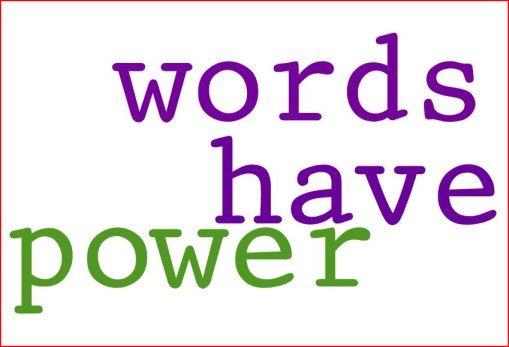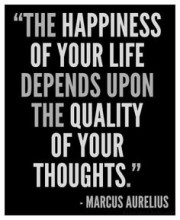 These words can lead to disaster in your relationships!
These words can lead to disaster in your relationships!
Are you using them?
The right words spoken in the right way can bring love and respect.
The wrong words can lead to World War III.
Due to past painful events and hurts, there are common phrases that trigger our natural defensiveness and lead to DISPUTES AND CONFLICTS.
Here are 5 phrases, which left unchecked can damage your relationships and 5 strategies to replace them.
-
” Why can’t you be like Joe?”
Comparisons send out hidden negative messages.
- There’s something wrong with you.
- You’re not good enough.
- I’m not happy with you.
- You need to be different.
Try this instead–Ask for what you need.
“I’d really like it if you would spend fifteen minutes helping me out.”(don’t say like Joe does)
“I’d really appreciate it if you’d make more of an effort to be on time.” (don’t say like Joe is)
2. “You shouldn’t feel that way. Just get over it.”
When you negate someone’s feelings, they feel misunderstood and it increases emotional distance and disconnection between you.
Try this instead–Validate their feelings!
- I can see you’re really upset.
- That must have been painful.
- I can see how you’d feel that way.
Validating someone’s feeling doesn’t equate to agreeing with them. When you pause, listen, and allow an emotional space for their feelings to exist, you send a message that says:
- I hear you.
- I see you.
- I get it.
- I care about you and your feelings.
Validation creates closeness and connection.
3. “You do it too!” (our inner eight year old coming out)
When you defend yourself with the “you do it too” argument, the other person feels rejected, resentment is built up and nothing is resolved.
“You just did the exact same thing to me last week so how dare you tell me how much it hurts you.”
Try this instead–Focus on “them” and not “you”
Let the bigger picture of a “great relationship” motivate you to truly listen without attacking what they’ve done as a way to justify your behavior.
Would you rather be right or would you rather be happy?
4. “What about the time you…….” (fill in the blank)
When you consistently bring up the past, it’s like trying to drive to California by consistently looking in the rear view mirror. You’ll probably crash before you get there.
Try this instead-Focus on the present
Get into the discipline and habit of telling yourself:
“That was in the past–let’s deal with what’s going on now and focus on moving forward.”
Letting go of the past helps decrease conflicts and increases safety and trust in your relationship.
5. “You always put your friends and family first and you never make time for me!”
When a statement is started with YOU, it automatically puts the other person on the defense. Now add the words ALWAYS and NEVER and that defensive position is quadrupled.
A conversation that begins this way has little chance of being productive.
Try this instead–Start with “I” and avoid using the words ALWAYS or NEVER
“I feel lonely and left out when you spend several hours per week with your family and friends. I’d really like for us to be able to spend more time together.”




